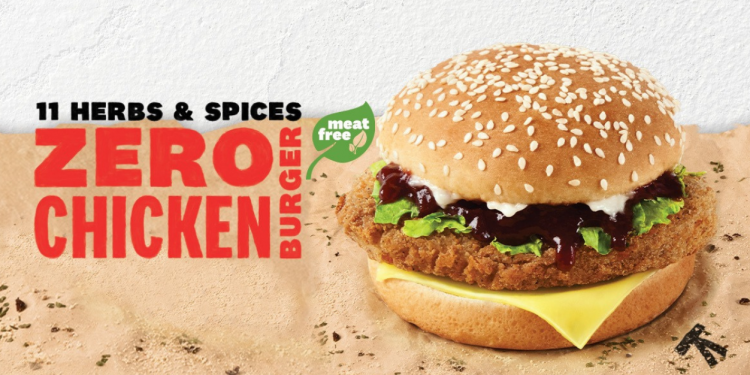The finger lickin’ good company launched a new burger on 13 January which got the online community abuzzed.
Known as the Zero Chicken Burger, it consists of a meat-free patty made from mycoprotein, which is coated in KFC’s Original Recipe marinade. Layered with fresh lettuce, sliced cheddar cheese, and dollops of barbecue and mayonnaise sauce, this special burger is available for a limited time only.
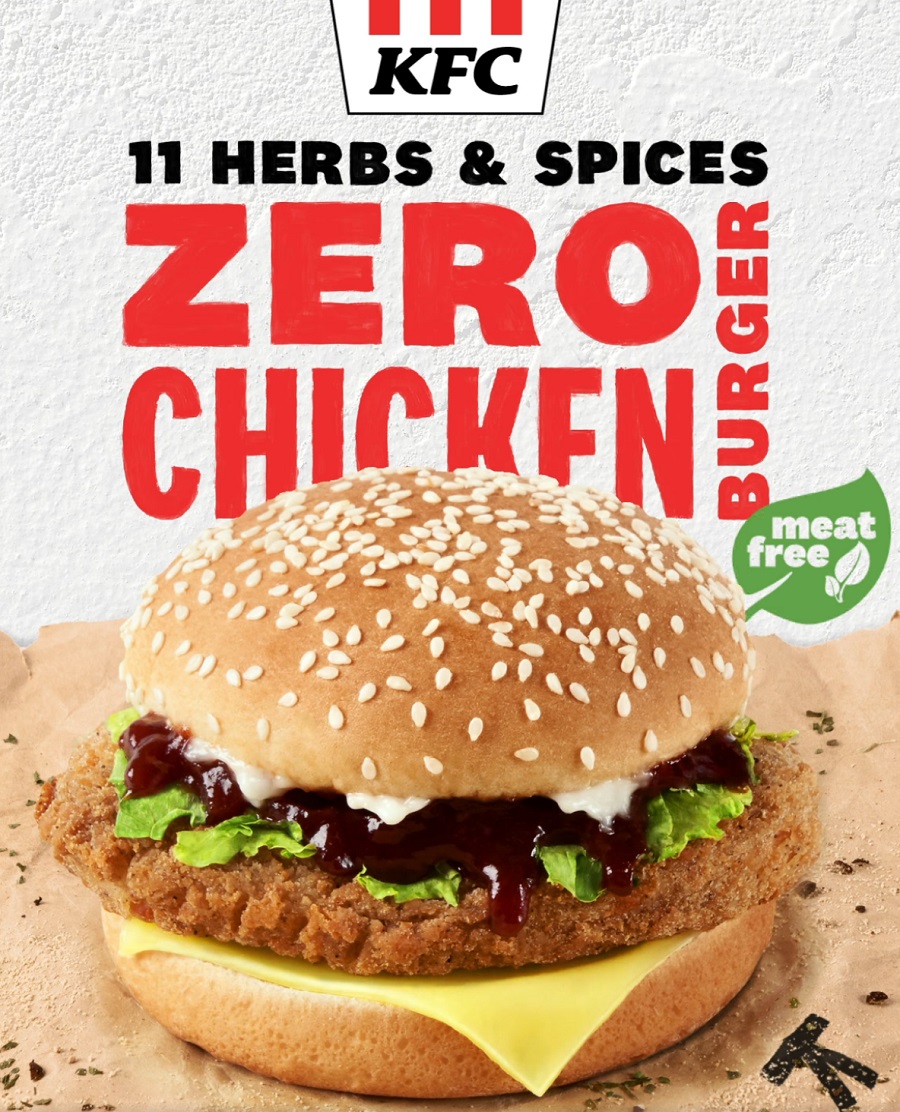
Here’s the catch: The burger is neither suitable for vegans nor vegetarians. According to KFC, that’s because the patty is fried in the same oil as some chicken products. In addition, the mayonnaise sauce used isn’t vegan-friendly too.
As to why the burger is touted as meat-free, yet not suitable for vegans and vegetarians, KFC’s Senior Director of Marketing and Food Innovation, Juliana Lim, said, “We see a trend towards flexitarianism and increased demand for meat alternative products, so we wanted to offer a meat-free option but still keeping the same great KFC taste.”
Netizens’ response
The release of this new burger garnered mixed responses from the online crowd. While some were appreciative that the fast-food giant is taking steps towards reducing its carbon footprints, others were perplexed by the idea.
Some commented that the name itself gives a false impression that this burger is suitable for vegans and vegetarians.
It is without a doubt that KFC has successfully created hype about its new product, as it got the online world into a fervent debate. It is also apparent that the company sees the growing demand towards flexitarianism, and is taking steps to cater to this need.
What is flexitarianism?
If the word, ‘flexitarianism’ is foreign to you, here’s the explanation. A flexitarian is one who eats mainly vegetarian food, but also consumes meat occasionally. They are sometimes also known as ‘casual vegetarians.’
The flexitarian diet consists of plant-based foods including lentils, beans, and seeds. Meat consumption is reduced, in exchange for alternative protein sources. This diet is commonly seen as a more environmentally sustainable approach.
Difference as compared to veganism
This diet provides more leeway as compared to veganism. While vegans do not consume any products derived from animals, those undergoing the flexitarian diet are allowed to consume meat, though of lesser quantity.
For vegans, exploitation of animals in any forms, be it via consumption or product usage, is prohibited. They advocate the use of animal-free alternatives for the benefit of animals, humans and the environment.
Two in five Singaporeans on flexitarian diet
The flexitarian diet has slowly gained popularity among Singaporeans.
According to a YouGov survey conducted last year, two in five Singaporeans (39%) are currently on a flexitarian diet.
As to why Singaporeans are keen to adopt a plant-based diet, 46% of the respondents indicated that health reason was the key factor. The second reason was the concerns over health risks related to meat/fish production (37%), followed by concerns over healthiness of processed meat at 32%.
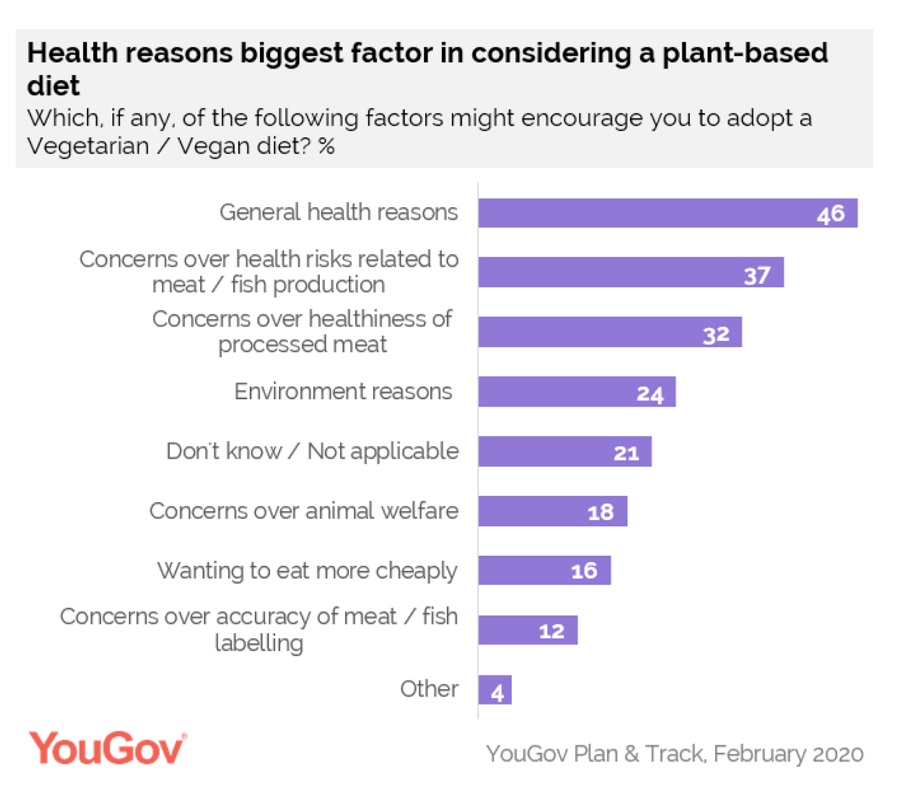
It is clear that Singaporeans are taking more precautions towards meat consumption, and are embracing the flexitarian diet.
Meat Free Monday campaign
The flexitarian diet has been around for quite some time. Its profile was raised in 2009, when Sir Paul McCartney, together with his daughters, Mary and Stella McCartney, started the Meat Free Monday campaign.
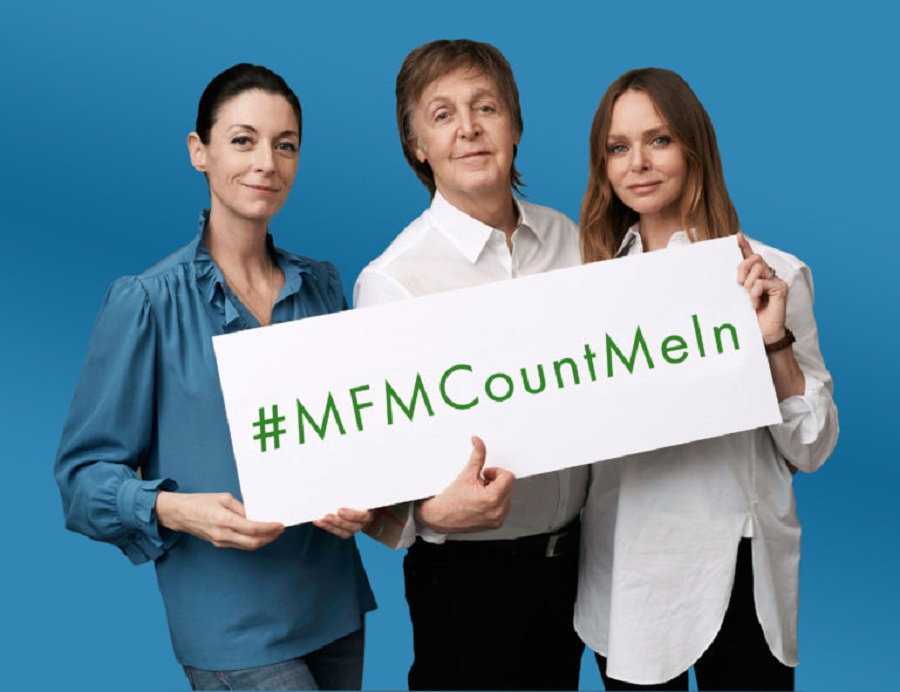
Into its 12th year now, the campaign seeks to raise awareness and action around the benefits of meat consumption reduction. By having at least one day on a weekly basis to be meat-free, the campaign encourages people to help slow climate change and conserve natural resources.
The campaign has gained recognition in schools and the celebrity world, among others. Well known public figures such as Jamie Oliver and Emma Thompson have jumped on the bandwagon to help raise greater awareness for the campaign as well.
Other meat-free alternatives
As consumers increase their awareness towards climate change, they are taking more proactive steps to help reduce their carbon footprints.
Companies are recognising this trend too, and producing meat-free alternatives to gain a share of this new market pie.
One example is Ikea, which is well-known for its meatballs. The furniture company took the meat-free route and introduced plant balls into its menu last year.
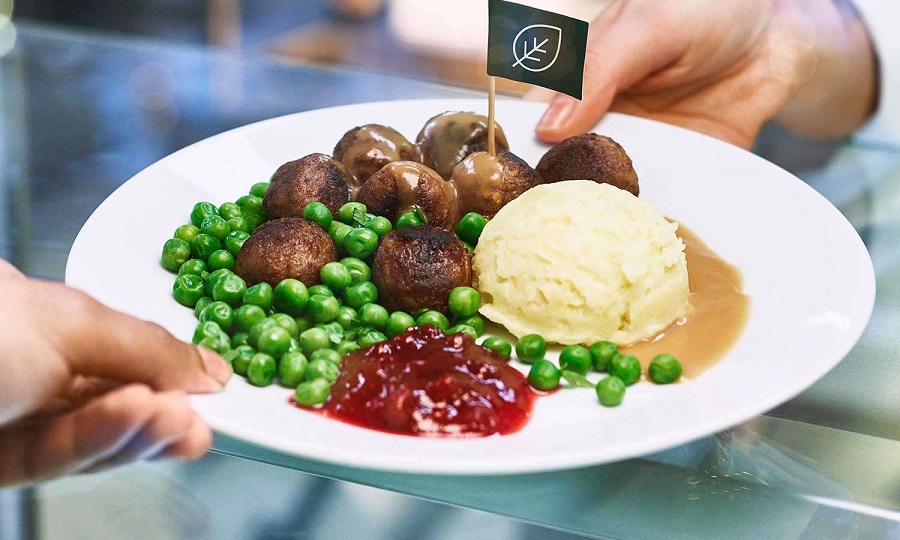
The plant balls are made from yellow pea protein, oats, potatoes, onions and apples. In addition, it has a climate footprint of only 4% as compared to the classic meatballs.
Aside from plant balls, another meat-free option which is popular among consumers is the Impossible Burger. Already a menu item in some restaurants and fast-food chains, the patty is touted to have a similar taste as beef.
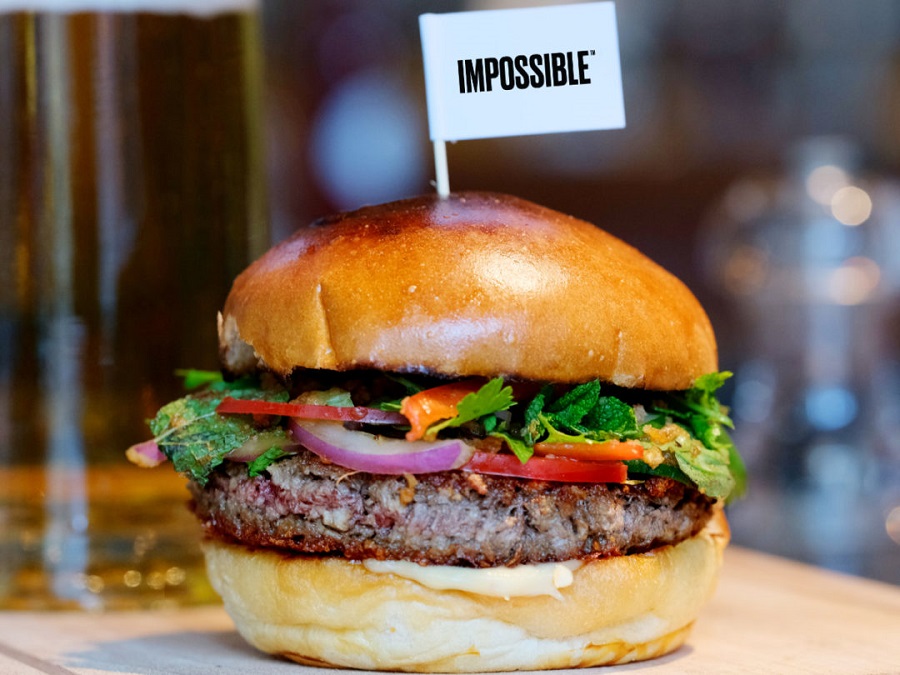
The plant-based burger is made from ingredients such as proteins and coconut oil. It also contains a number of vitamins and minerals.
With more meat-free options available, the flexitarianism trend is set to continue into the near future. It serves as an alternative for health conscious consumers who wish to retain a bit of meat in their meals occasionally.
Join the conversations on THG’s Facebook and Instagram, and get the latest updates via Telegram.



